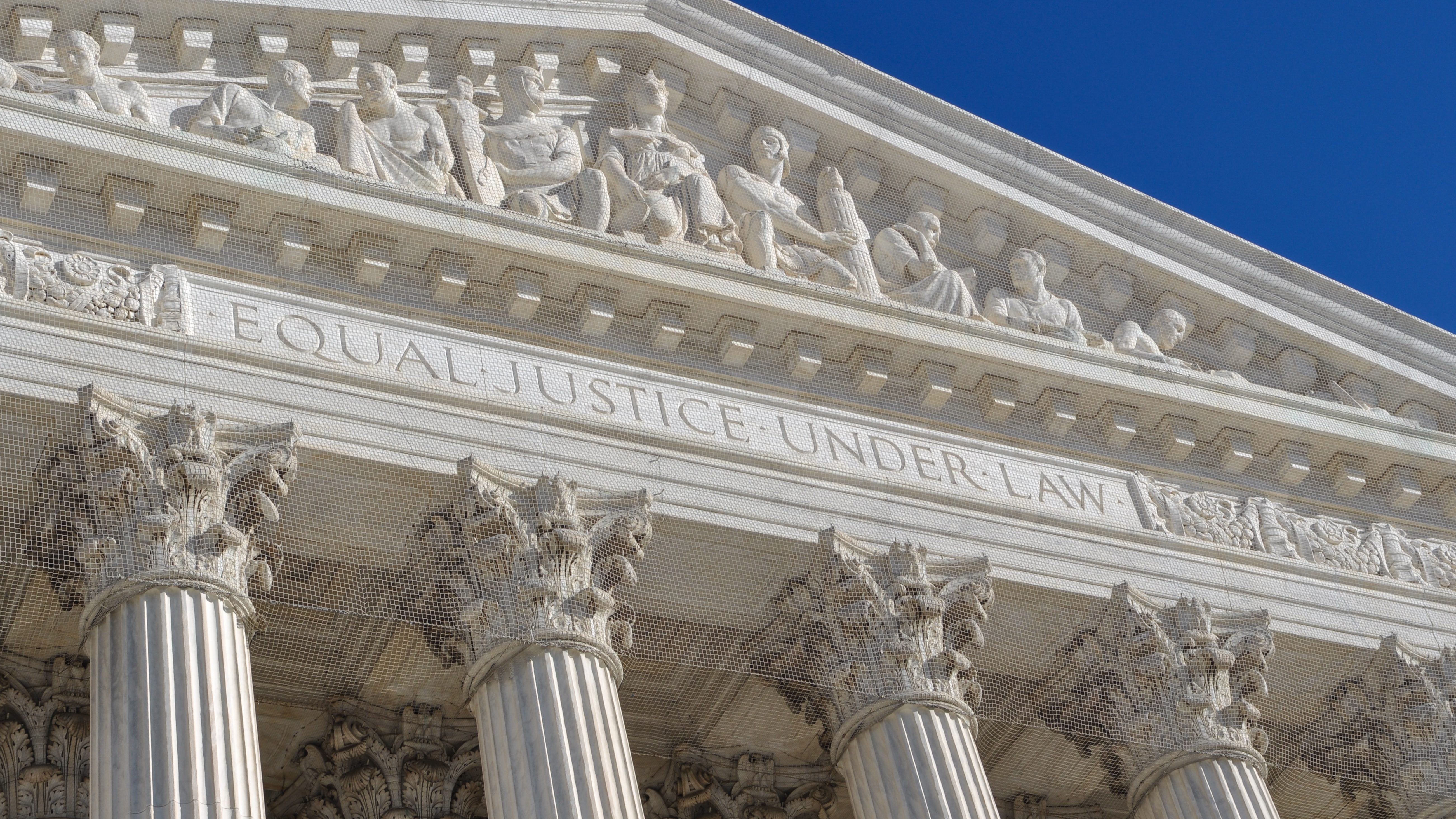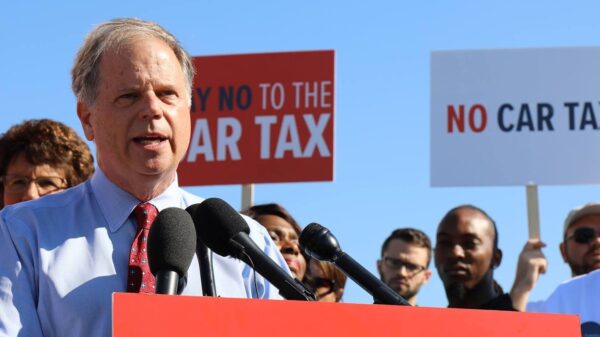Yes, the Supreme Court’s decision to allow the maps drawn by Alabama Republicans to proceed is a setback. Chris England, chair of the Alabama Democratic Party, is exactly right. “The canary in the coal mine just died,” he wrote in an ADP email this week.
The fact that the Court will rule on the fairness of the maps in its next session means nothing right now. The Court has deepened the roots of discrimination in our state. Discrimination that helps determine votes and election outcomes, which affect laws, policies, priorities, judicial appointments and the rest of our political and governmental infrastructure.
But we face a problem much bigger than court rulings and legislative maps. The problem is human nature – the reality about what people will and won’t do, regardless of what judges and legislatures say.
In fact, the very reason we need rulings and maps to create fairness is that people won’t be fair on their own.
Fact: Given a choice, whites will vote for a white candidate before choosing a black one. Several centuries of American politics prove it.
Where’s the data, you ask? The numbers and percentages to back up my assertion?
I don’t need data. I’ve got documented history.
What else explains the long-time effort to deprive blacks the right to vote? What other reason could there be for race-based voter suppression today?
Blocking blacks from voting really has always been about ensuring that we weren’t elected to positions of power and influence over whites.
Why? Perhaps because after over two centuries of legalized slavery and roughly another century of Jim Crow discrimination, white elites feared that black folks would revert to human nature and do to them what they had been doing to us: creating power for ourselves at their expense.
Or maybe it’s just been the delusion of white supremacy. Either way, the powers that be couldn’t have that.
I can hear someone shouting from the back of the room: Hey Person, you’re such a racist. You’ve accused whites of not wanting to vote for blacks, but what about you blacks? Don’t you also vote primarily for your own kind?
Of course. Human nature is human nature. In fact, the logic of the quest for a second predominantly black Congressional voting district is predicated upon this expectation. The assumption is that just as CD7 has elected Terri Sewell, Alabama’s only African American representative in Congress, a second predominantly black district automatically will lead to another black being elected.
Yes … but, here’s a caveat: Non-whites have been acculturated over the decades to vote for white candidates.
Think about it. Until the Civil Rights era, white male candidates dominated the ballots. It was rare to see blacks and other people of color running for office. Or women, for that matter.
So, we blacks are quite familiar with having only white candidates as a choice. Growing up, I recall it being characterized as a “lesser of two evils” exercise – a decision based on which white candidate would hurt the black community the least.
And yes, this acclimation to voting across racial lines sometimes benefits white candidates running in black voting districts.
Let’s look at Birmingham’s House District 54, where Neil Rafferty is the sitting representative. Rafferty is white, but nearly 53 percent of District 54’s residents are black. Only 39 percent are white.
In the 2018 Democratic primary, Rafferty had two black opponents – Jacqueline Gray Miller and Jerome Dees. Rafferty got 49 percent of the vote. Miller only got 28 percent and Dees 23 percent, which placed Rafferty and Miller in a run-off.
Assuming most of the blacks who voted were for Miller or Dees, the logic is that Miller could have won the run-off. She didn’t.
Rafferty’s percentage of the vote actually jumped up to 67 percent. Miller only gained 5 percentage points from her primary vote tally.
Are there other factors that could explain how Rafferty beat a black woman in a predominantly black district? Sure, but I’m going with the most likely explanation.
Rafferty convinced a significant percentage of black voters to support his candidacy. Even though his opponent was a black female.
Do some white people make the same choice? Of course. How else did Barack Obama get elected to the presidency – twice.
So what I’m really writing about today is a collective cultural mindset, not the actions or morals of individuals.
Human nature has come a long way. But in Alabama and the rest of the nation – when it comes to voting rights – we’ve still got a long way to go.

















































